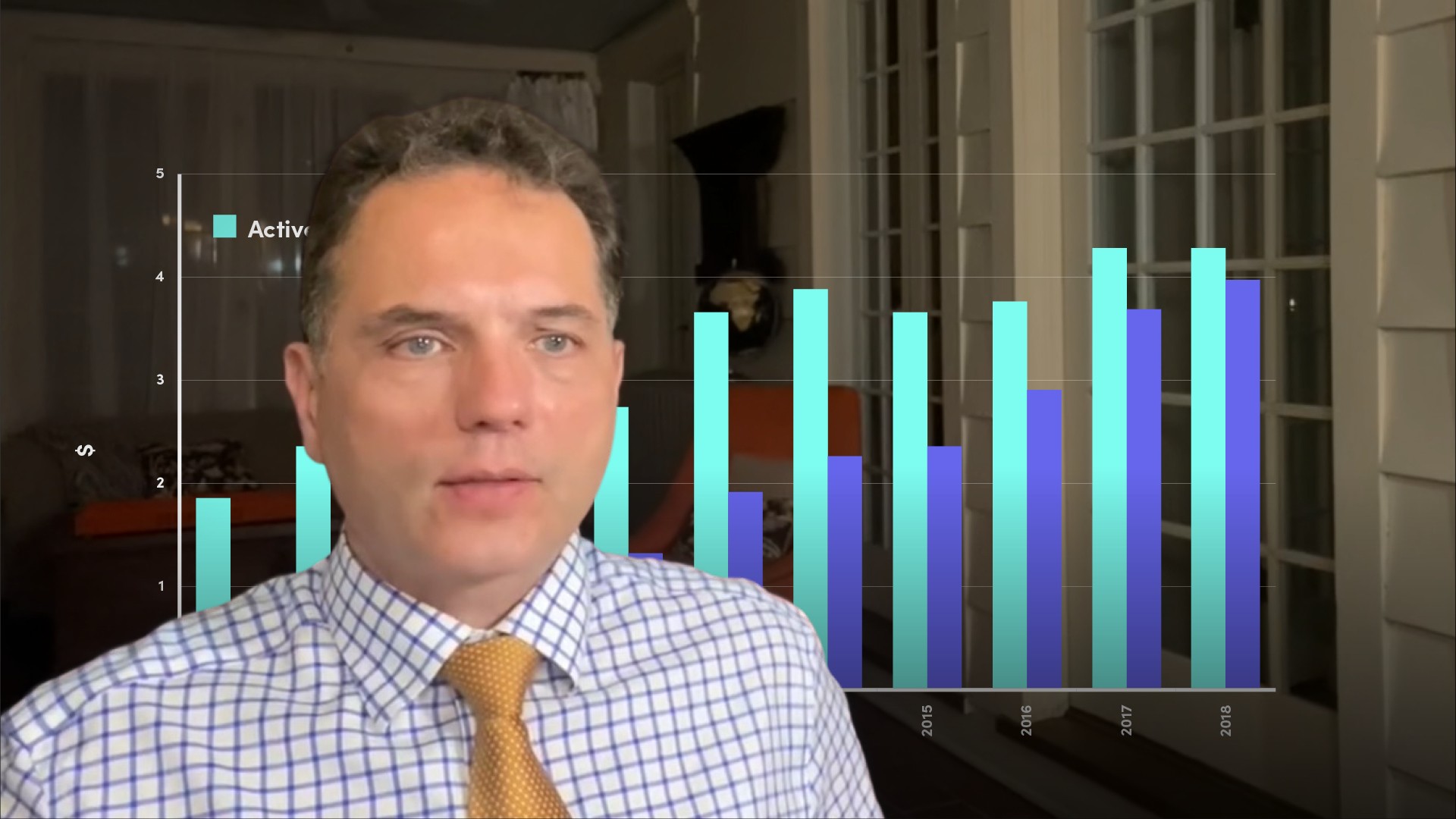
What is an ETF?

Gontran de Quillacq
25 years: Derivatives trading & ETFs
An ETF or “Exchange Traded Fund” is a 1933 Act fund, but whose units happen to be listed on a stock exchange, like a regular stock. This video helps you understand the history and background of an ETF.
An ETF or “Exchange Traded Fund” is a 1933 Act fund, but whose units happen to be listed on a stock exchange, like a regular stock. This video helps you understand the history and background of an ETF.
Subscribe to watch
Access this and all of the content on our platform by signing up for a 7-day free trial.

What is an ETF?
7 mins 14 secs
Key learning objectives:
What is an ETF?
Understand how trading of ETFs differs from trading of stocks
Understand the development of ETF market
Overview:
An (ETF) is an "exchange traded fund". There are over 7,500 different ETFs globally, and they are listed on most major exchanges. They have a wide diversity of underlying asset classes, countries, indices and investment themes. While traditional mutual funds can only be created once a day, ETFs can be purchased all day long. They are also highly liquid and tax-efficient due to their low turnover and low turnover.
Subscribe to watch
Access this and all of the content on our platform by signing up for a 7-day free trial.
WHat is an ETF?
An ETF or “exchange traded fund” is a 1933 Act fund, but whose units happen to be listed on a stock exchange, like a regular stock.
What is the process of investing in an ETF?
- Firstly, the investor will buy existing units on the exchange.
- Secondly, the market-makers offering these units on the exchange are the only market participants authorised to create units with the fund.
Understand the history and background of ETFs
The first ETFs appeared in the early 1990’s, but you have to wait for the 2000’s to see a significant growth in their assets under management, or AUM. Nowadays, there are over 7,500 different ETFs globally, and they are listed on most major exchanges. With an estimated $8 trillion of assets, they have a wide diversity of underlying asset classes, countries, indices and investment themes. They have also seriously dented the classic asset management business.
Highlight some of the fun facts about ETFs?
- Since the beginning of 2019, passive funds have managed more assets than active funds.
- And now for the highlights of 2019: In the middle of the year, passive funds surpassed active funds.
- Meanwhile, if it hasn't already, ETF AUM will overtake passive mutual fund AUM in the next decades.
- The main investment players in this area form a very small trillion plus club.
- In terms of which ETFs handle the majority of the AUM, the ETF sector is also highly concentrated. Half of the assets under management in the industry are managed by the top 20 ETFs.
- ETFs may be traded much like stocks, and you can buy them on margin, which means borrowing money to invest.
- ETFs are generally highly liquid instruments and tax efficient.
- ETF management is a highly competitive industry, with inflows and outflows driven by management fees.
Subscribe to watch
Access this and all of the content on our platform by signing up for a 7-day free trial.

Gontran de Quillacq
There are no available Videos from "Gontran de Quillacq"



























